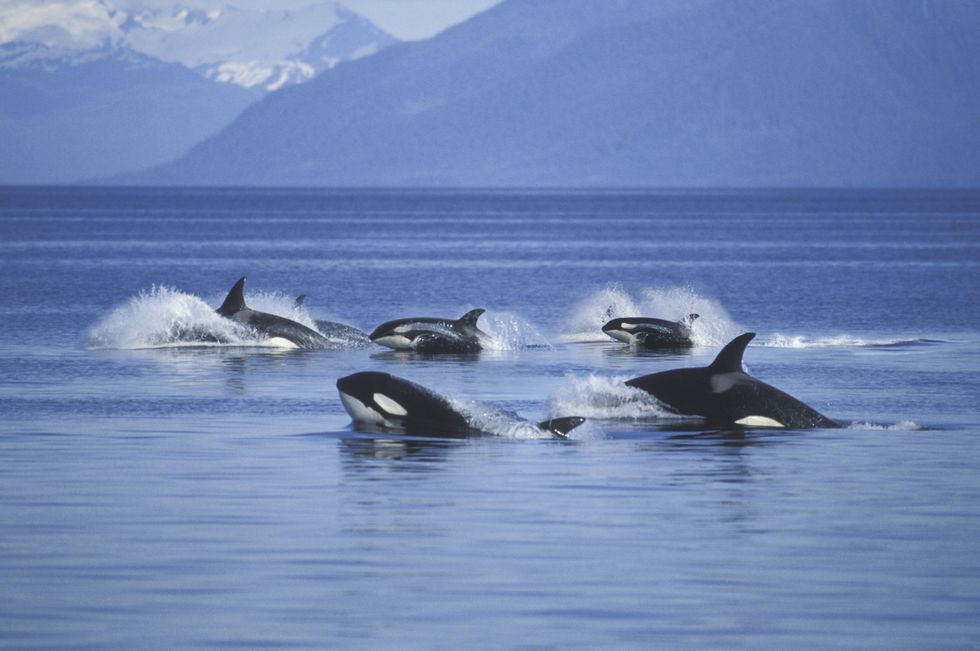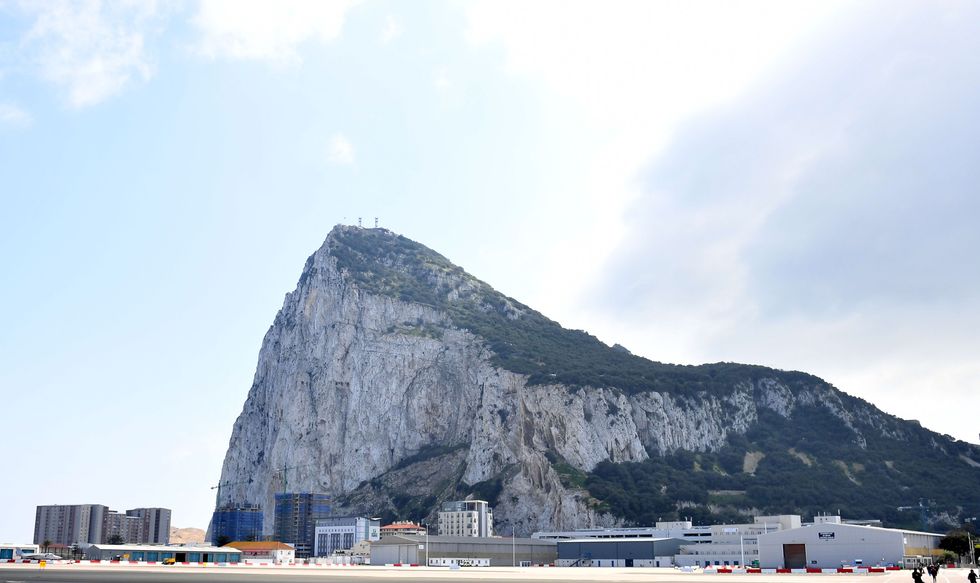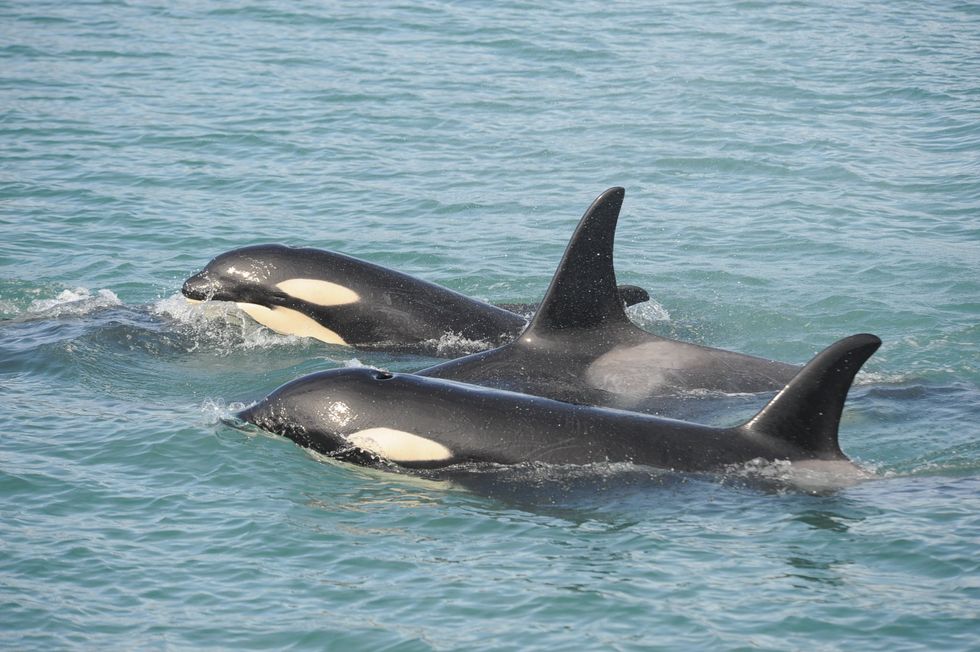Orca attack sinks yacht off coast of Gibraltar - couple rescued by oil tanker

It is not yet known why the marine mammals have been attacking vessels across the Strait of Gibraltar
Don't Miss
Most Read
Latest
A yacht sailing off the coast of Gibraltar has sunk after being attacked by a group of orcas.
The vessel, which was carrying two people, was attacked by killer whales on Sunday morning.
An oil tanker rescued the couple, returning them to the Rock shortly after.
Alborán Cognac, which was struck at its hull and rudder at around 9am, soon sank.

Experts have claimed the rammings involve a group of 15 orcas given the designation “Gladis”
|GETTY
Around 700 orca rammings have been reported in the Strait of Gibraltar and Atlantic coast of Portugal in the past four years.
Experts have claimed the rammings involve a group of 15 orcas given the designation “Gladis”.
Researchers remain unsure as to why the killer whales have been causing so much chaos.
However, theories include a manifestation of the mammals’ curiosity, a social fad or the intentional targeting of what they perceive as competitors.

The couple were rescued by an oil tanker and taken to Gibraltar
| PAKiller whales tend to prey on local bluefin tuna, a regular catch in the Strait of Gibraltar.
Despite being known as killer whales, endangered orcas are a part of the dolphin family.
The marine mammals can measure up to eight metres in length and weigh a whopping six tonnes as adults.
However, some scientists have warned against peddling the narrative these are attacks.

The marine mammals can measure up to eight metres in length and weigh a whopping six tonnes as adults
|WIKIMEDIA COMMONS LICENCES
In an open letter published last summer, 30 maritime scientists said: “We urge the media and public to avoid projecting narratives on to these animals.
“In the absence of further evidence, people should not assume they understand the animals’ motivations.”
It added: “When we are at sea, we are in the realm of marine life.
“We should not punish wildlife for being wild.
“We need to keep cool heads when wild animals exhibit novel behaviour and we must put greater effort into adapting our own actions and behaviour to the presence of wildlife.”











